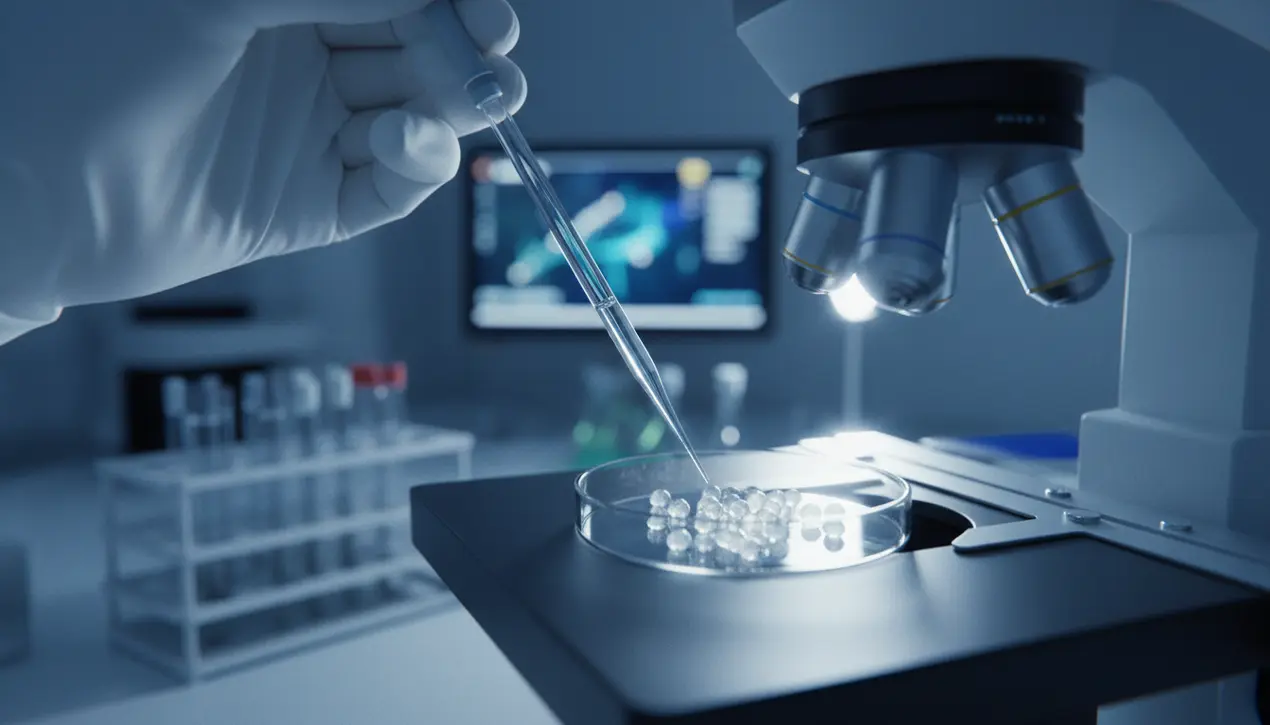
SciencebiologyCRISPR and Gene Editing
CRISPR Gene Editing Breakthrough for Genetic Diseases.
KE
Kevin White
23 hours ago7 min read2 comments
The scientific community is witnessing a paradigm shift with the latest CRISPR gene editing breakthrough, a development that feels less like an incremental step and more like the sudden arrival of a tool we once relegated to science fiction. This isn't just about tweaking a single gene; it's about fundamentally rewriting the source code of life to correct errors that have plagued humanity for generations.The core of this advance lies in moving beyond the initial, somewhat blunt CRISPR-Cas9 system, which acted like molecular scissors, to more sophisticated editors like base and prime editing. These new systems function as precision word processors for the genome, capable of changing a single genetic letter—an A to a G, for instance—without breaking the DNA backbone.This is a monumental leap for treating monogenic diseases like sickle cell anemia, where a single point mutation in the beta-globin gene causes debilitating pain and organ damage, or cystic fibrosis, where the F508del mutation disrupts a critical protein. The implications are staggering.We are transitioning from a model of managing symptoms to one of offering potential cures. Clinical trials are already showing profound success, with patients who once required regular blood transfusions now living transfusion-free lives after their own hematopoietic stem cells were edited ex vivo and reinfused.But the real horizon is in vivo editing—delivering these molecular machines directly into a patient's body to correct mutations in situ, perhaps with lipid nanoparticles similar to those used in mRNA COVID-19 vaccines. This approach could one-day target the brain for Huntington's disease, the liver for familial hypercholesterolemia, or the muscles for Duchenne muscular dystrophy.Of course, the path is fraught with both technical and ethical complexities. Off-target effects remain a concern, though computational models and improved editors are rapidly minimizing these risks.The larger conversation, however, revolves around accessibility and equity. Will these life-altering therapies be available only to the wealthy, or can we build a framework for global distribution? Furthermore, the same technology that can erase a disease-causing mutation could, in theory, be used for enhancement—editing genes for intelligence, athleticism, or appearance.This forces us to confront a future where we must draw a bright red line between therapy and eugenics. The work being done in labs from the Broad Institute in the United States to the Wellcome Sanger Institute in the United Kingdom is not just about biology; it's about shaping the very definition of human health and potential for the next millennium. We are the generation that gets to decide how this story is written.
#featured
#CRISPR
#gene editing
#genetic diseases
#clinical trials
#medical breakthroughs
Stay Informed. Act Smarter.
Get weekly highlights, major headlines, and expert insights — then put your knowledge to work in our live prediction markets.
Related News
Comments
Loading comments...
© 2025 Outpoll Service LTD. All rights reserved.